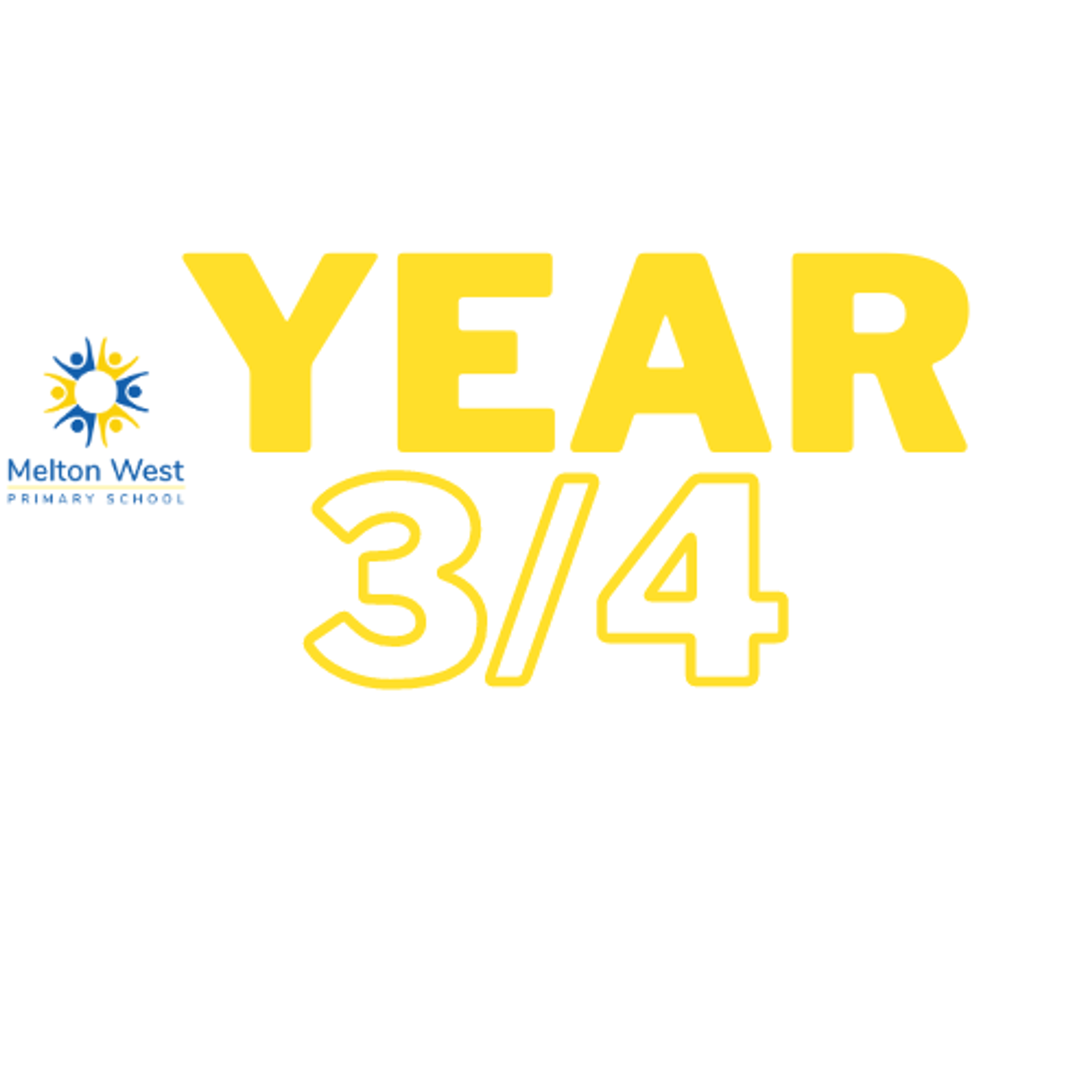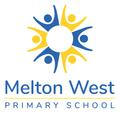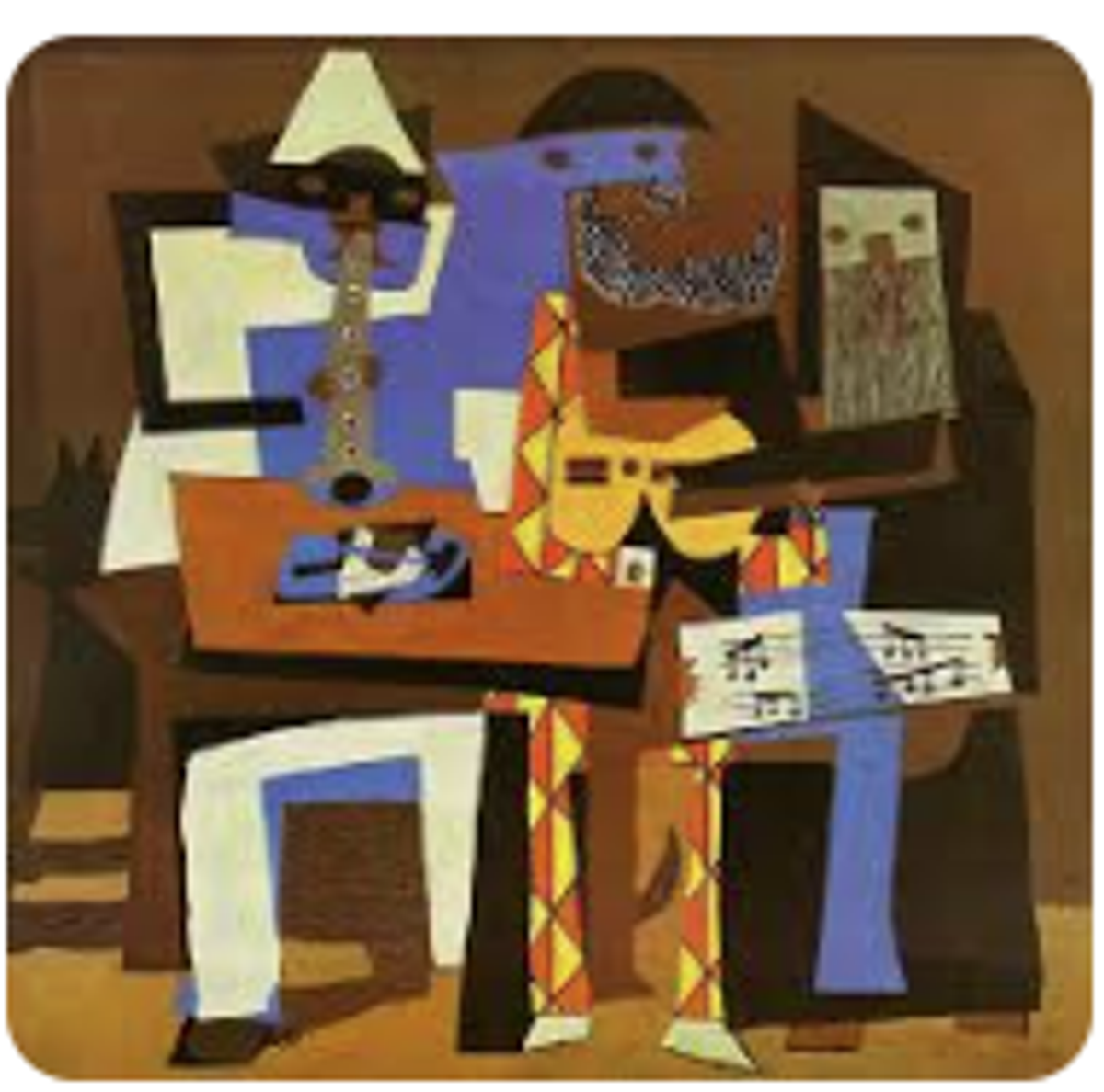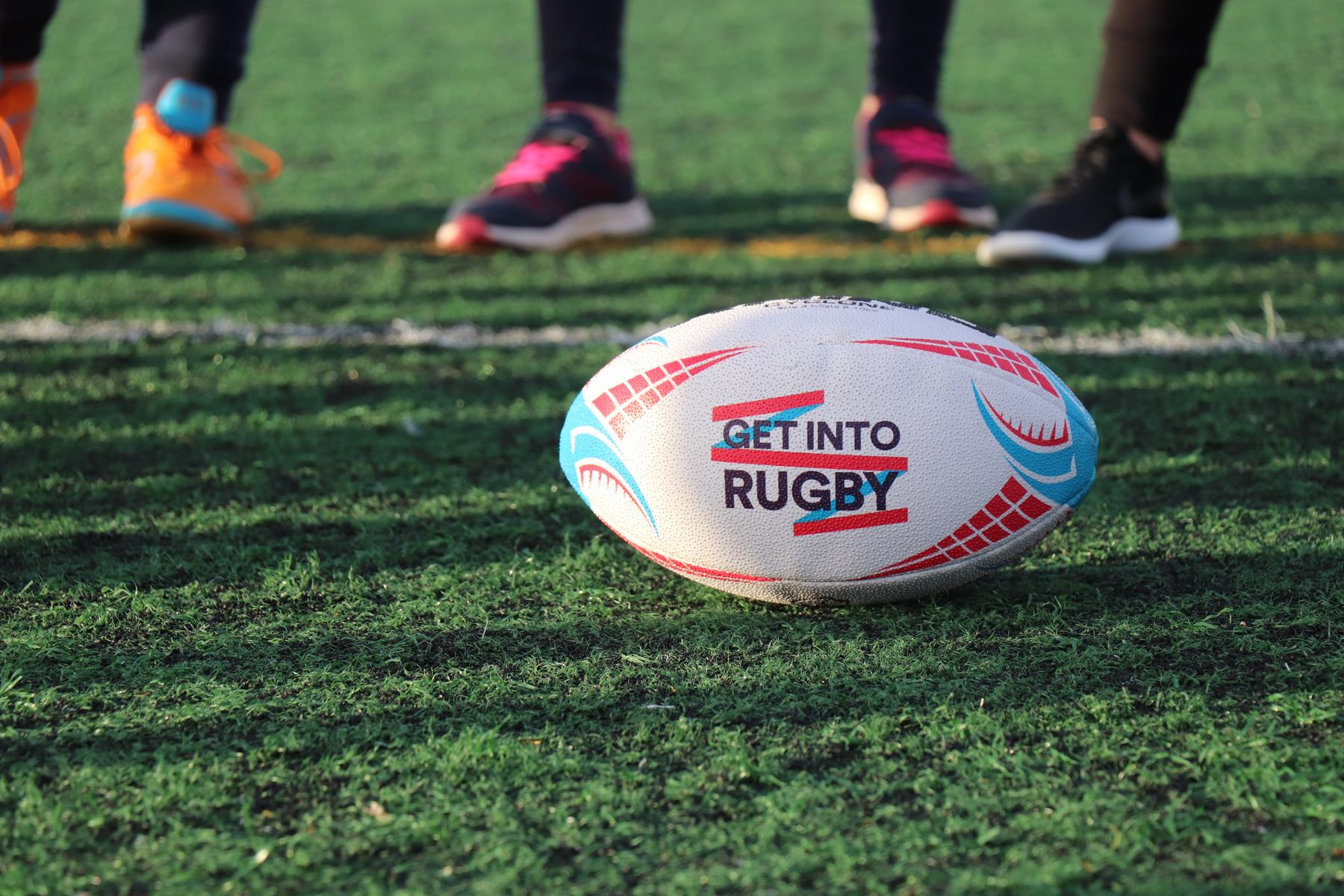Year 3/4 News

English
Reading
This term in Reading, the students will hone their skills in questioning. This will help them develop a purpose for reading and help them better understand the text. They will begin by learning to ask “literal and open ended questions” which they will justify in their reading.
Writing
In term 3, students will be working on information reports. They will plan, research for, draft and publish an information report of a choice topic. Students will revise the structure of an information report and analyse the type of language used in an information report so they can apply this to their own writing.
3 / 4 students are also working on sentence structure and their handwriting, forming letters correctly and scaling them on dotted thirds this semester.
Mathematics
Our major unit in Mathematics is Multiplication and Division. Students will investigate number patterns and use skip counting to solve problems. They will use grouping and arrays to represent and understand multiplication and division and explore the link between the two operations. Strategies will include number lines, inverse operations and splitting numbers to record and solve multiplication and division problems.
As part of Measurement and Geometry, students have been learning about Mass- estimating, measuring and comparing the mass of objects in grams and kilograms, using instruments such as pan balances and scales.
Next students will learn about Area, using informal and formal units to estimate, measure and compare the area of familiar objects.
Lastly, they will explore and identify lines of symmetry in letters and objects and complete symmetrical patterns. As well as create and complete symmetrical pictures and patterns (symmetry).
Inquiry
This term's Inquiry unit is called ‘Heroes that shaped our nation.’ The key understanding of the Inquiry is Significant contributions made by Aboriginal people have helped shape Australian society. They will be investigating this key understanding guided by the following 3 key questions
Who were some historically significant Aboriginal people?What were some of the contributions made by these significant Aboriginal people?
What was the impact of these contributions on Australian society?
Science
During Science in Term 3, students will be learning about the Physical Sciences, in particular about ‘heat’. The prioritised standard that students will be working towards is: Heat can be produced in many ways and can move from one object to another; a change in temperature of an object is related to the gain or loss of heat by the object. They will be learning about the concept of heat as a form of energy, investigating which materials are the best thermal conductors and insulators, identifying kinetic, electrical and chemical sources of heat energy, describing how heat can be produced in many ways, for example, through friction or by burning and recognising that we can feel heat and measure its effects using a thermometer. Throughout this unit, students will be utilising their Science inquiry skills and actively participating in experiments where they will be making predictions, making and discussing observations, recording results in various ways and drawing conclusions.
LOTE – AUSLAN
During Term 3 2022 in Auslan lessons will increase to twice a week. The Year 3/4 students will learn about:
- Deaf Culture
- Feelings
- Greeting and Questions
- Around the House
- Sea Animals
- Days of the Week and Months of the Year
- Numbers 1-100)
- Weather
- Fruit
- Zoo Animals
- Wh Questions
- Handshapes
- HOLM+ NMF (Handshapes, Orientation, Location, Movement and Non-Manual Features)
- Feelings (extending on previous learning about feelings)
- About Me
- Clothing
- Medical/Health.
The final week will focus on revision and celebrating our learning. The Auslan signs for these topics are core learning, which will be extended in future lessons. Lessons will consist of explicit teaching through videos, supported by activities, games,
stories, songs, poems and group practice. Learning Auslan will involve both expressive (signing) and receptive understanding skills (reading back what others’ sign), hence lesson activities continue to develop these skills. At this level, students will work in whole groups guided by the teacher and start activities in small groups with guidance. The expectation regarding non-voicing and use of phrases, asking and answering questions continues to be a focus. Students are encouraged to reflect on their learning at the end of each lesson. They will extend their previous learning and expand with new topics. This enables students to combine new signs with known signs to create Auslan phrases. The students are encouraged to feel comfortable using their hands and body to communicate. The activities encourage the students to move towards small group/partner practise with developing confidence.
Art
Welcome to Art term 3, this term will focus on introducing grade 3/4 students to various famous artists and their distinctive art styles. The term will commence with an exploration of Pablo Picasso's cubism, followed by creating their own portraits in this unique style. Subsequently, students will delve into Wassily Kandinsky's abstract art, utilizing monochromatic and primary colors to develop their own abstract pieces. In the latter part of the term, students will experiment with shading techniques and zentangle line work to further enhance their artistic skills. Anticipating an engaging and creative term 3 with the grade 3/4 students.
Music
This term, in Music, the students will be combining their understanding of pitch and rhythm patterns in singing and playing songs and melodies. Using tuned percussion, they will learn about Western notation and use this to read and write simple musical compositions. In particular they will learn about how pitched notes are represented on a stave and how to write rhythm patterns in metered bars. The students will learn about texture in music, where different sounds are played together for effect, learning to sing and play parts together in groups. This will be explored through reading music and improvisation. They will also get creative, composing and performing their own short pieces of music in groups, with different musical parts to be played in unison and recorded in graphic notation. As they focus on learning new songs, they will learn about the structure of songs and will focus on improving the pitch of their voices. The students will continue to identify and describe the elements of music through listening and responding to music from different times and cultures. They will discuss how composers create effects by layering sounds. Students will work cooperatively in small groups and as a whole class and be encouraged to perform and celebrate their achievements.
P.E.
Students in grade 3/4 will continue a games-based approach to their Physical Education learning and take steps to improve their problem-solving skills in conjunction with strategy to achieve success when they participate in different sports. Basketball and Rugby will be the two topics that the students will work on during this term. During the basketball topic there will be a games-based approach to the learning where the students will be given ample opportunities to show the skills required to play in a game setting. These skills will include passing, dribbling, and shooting. In addition to skill development our students will be asked to apply problem-solving and begin to form strategy when they play the game. During the second half of the term, students will participate in games of rugby, learn the rules of the game, and attempt to use strategy when playing to achieve success. In conjunction with this they will be developing their throwing and catching skills as it applies to the sport of rugby. I am looking forward to working with the grade 3/4 students and achieving so many great things this term.




